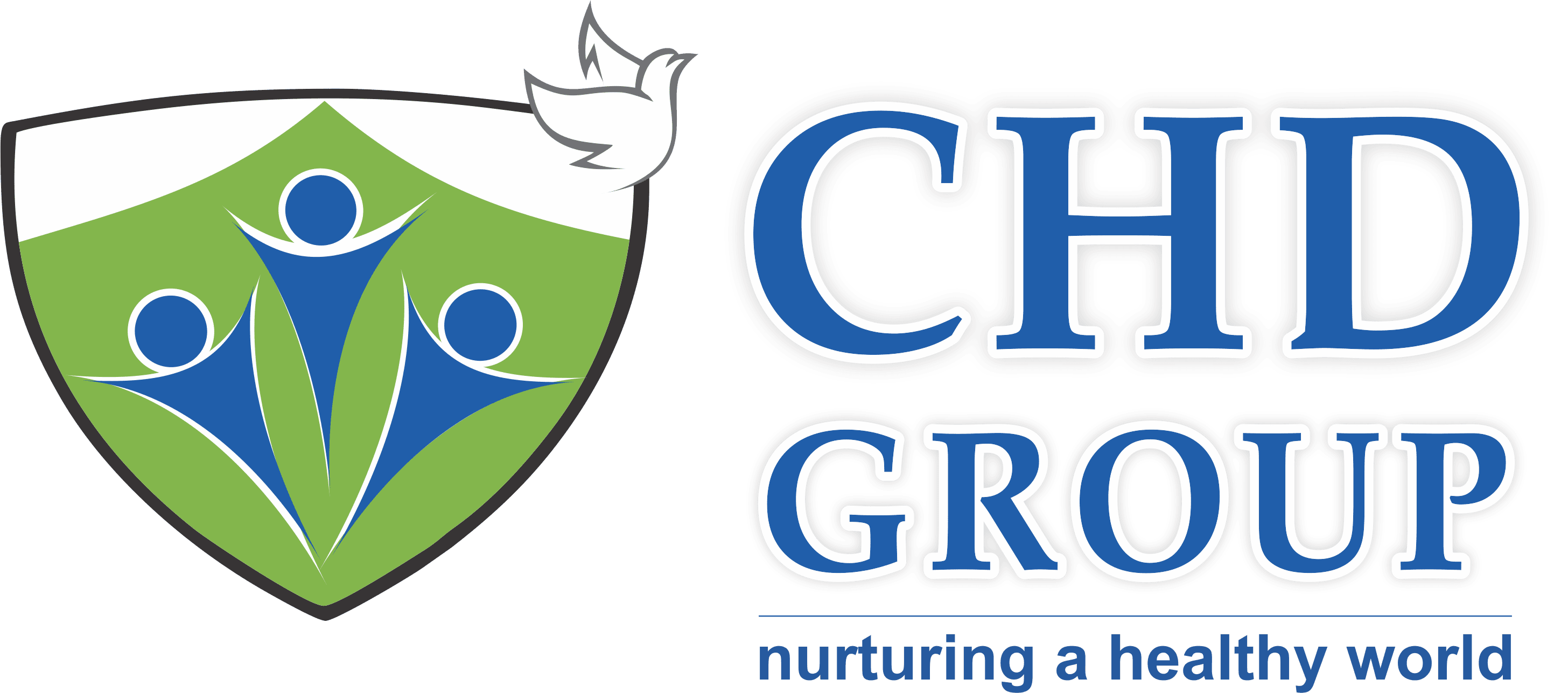Human altruism gets faded out, once the newspapers and primetime television channels stop covering the disaster. The communities are left behind to deal with the consequences for themselves. Relief organizations and military teams come by and go. In the bargain of providing rescue, relief and rehabilitation, health impacts are less attended too and even less talked about. Extremely severe Cyclonic Storm Fani hit the Indian state of Odisha on 3 rd of May, 2019. The manner in which lives were saved from death and destruction is all credit to the visionary state government who oversaw a massive evacuation effort ever done. Attention gets captured by short term impactful outcomes like people going hungry due to lack of food and lack of facilities in temporary human settlements. The overcrowding of people in shelters comes as a natural reservoir for respiratory diseases, gastro-intestinal tract diseases and also illnesses pertaining to water, sanitation and hygiene. The possibility of a contamination occurring due to industrial or hazardous material waste cannot be ruled out either. Health systems and facilities, particular government systems are not prepared to deal with natural disasters of this nature. Doctors have little or no training about disaster management due to obsolete policies of the Medical Council of India.
Public health evidence in the form of a systematic review in a scientific journal Prehospital & Disaster Medicine found that gut and skin infections, poisonings and wound are outcomes after a storm which affects health. Diabetes related complications also go up.
Nevertheless it is prudent to understand that when a particular region is devastated due to the cyclonic storm, electricity may breakdown, telephone lines would cut off and hospital systems will be destroyed at times. Bed ridden patients, those in ICUs and post-surgical wards, including those patients needing dialysis support must be rehabilitated at the earliest possible. Supply chain systems must be re-booted at the earliest for those on medications for chronic diseases like cardiovascular diseases, diabetes, cancer and mental health.
Five days after the cyclone, I got a message from a friend and it read, “There is no electricity and water, poles are broken and tanks gone with the wind, mobile network is on and off. People are in shelters and struggling with basic needs, we are grateful to just be alive.”
Evidence generated post hurricane Katrina in the US, documented that over 14% of visits to casualties in healthcare facilities were to treat chronic diseases and more than 30% were so ill, that admitting them was imperative.
But worst still extremely severe cyclonic storm of this nature leave mental and psychosocial consequences which the eco-system often forgets about. What people have taken 50 years to build, gets destroyed in 5 minutes. Natural disasters of this type become a water-shed moment for development and leave impending mental health consequences. Symptoms of depression, post traumatic stress disorder and the agony of having lost everything because of a storm that came by is difficult to comprehend. Most households do not have insurance coverage and India lacks a social policy that protects all because of such disasters. As a nation state, the country loses $10 billion due to disasters as per a UN report. Understandably being a sub-continent vulnerable to disasters, there is more to do than merely reactive action.
Cyclonic storm like disaster often affect the accessibility to services centering for maternal and child health, adding additional burden on pregnant ladies and also impacting their mental health. Stress within the family continues to rise meteorically as loss of employment days, loss of school days for children and post disaster recovery adds a toll on the family from a social determinant of health perspective.
Cyclone Fani has already shown signs of distress when it comes to impact of food shortages and interruption of basic healthcare services in worst affected zones like Puri. Practitioners of the disaster management must build on policy making decisions to factor in health resilience among communities cutting across districts. A smart way in an Indian context would be to work with faith based coalitions in building resilient communities and importantly healthy ones.
From a governance and NGO point of view, boosting public education with regard to effects and after effects, mentally preparing people for natural outcomes and improving public health surveillance to detect diseases and complications will value add existing efforts. Giving special attention to mental health and post disaster psycho-social rehabilitation will be an investment worth making. While rescue efforts are worthy of praise, Cyclone Fani like disaster will warrant attention and care far into the future for all survivors.
CREDIT:
TIMES OF INDIA
